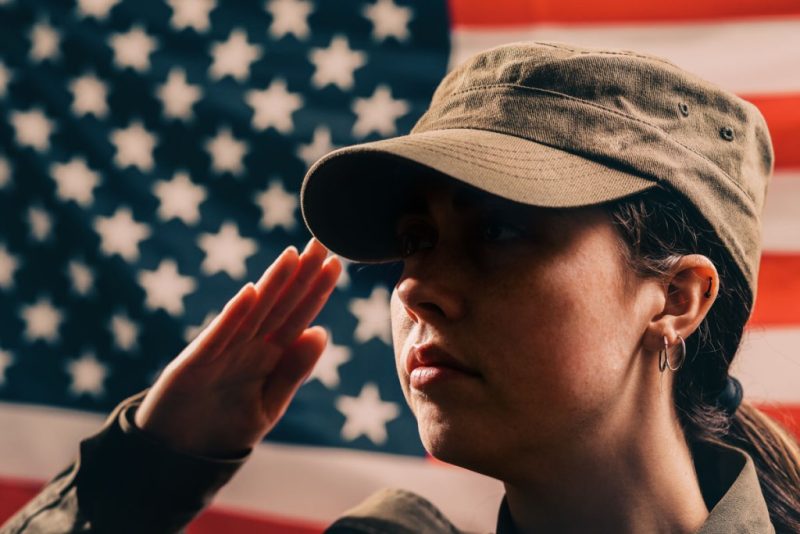
This article was published in the Saratoga Today Newspaper and written by Cheryl Hage-Perez
Being homeless or at risk for homelessness is one of the most difficult things a person can face and is one of the last experiences anyone would expect a Veteran to ever suffer. Lacking the security of knowing where they will sleep at night, having no place to keep their belongings can lead to stress, anger, a sense of shame, depression, and physical discomfort.
Too often, after serving this nation and protecting our homes and freedoms, some Veterans return to civilian life with no job, limited job skills, loss of family, and find themselves spiraling into homelessness.
The stress of war leaves many veterans with severe psychological illness as well as physical illness and disabilities. PTSD, depression, anxiety, sleep disorders, addictions, are some illnesses.
Lack of affordable housing is one of the biggest obstacles for a veteran returning from service. Communities are supporting housing development, but few are for low-income families. Veteran single moms as well as 78-year-old veterans are not able to secure safe, stable, decent and affordable housing.
Homelessness among female Veterans is on the rise with single moms enlisting at a higher rate. Often, they enlist with the hope that they will be able to support their children with military stability.
Women Veterans can face many challenges when returning to civilian life, including raising children on their own, dealing with the psychological after-effects of events such as military or sexual trauma, loss of platoon members, effects of war or employment and housing barriers. Without intervention, these and other issues can put women Veterans at greater risk of homelessness. This creates a dangerous situation for the mom as well as the children.
Military Sexual Trauma (MST), also known as rape or sexual harassment occurs at a high rate. One in three women in the military report some degree of Military Sexual Trauma both physical and harassment.
Guardian House, operated by VCHC, is a transitional home that serves homeless female veterans. It is the only female home funded by the VA in NYS.
Due to regulations, the program cannot admit veteran moms with children. The mom has to make a choice. Does she give up her children to get the help she needs, taking a risk that she won’t get them back or not get help and keep her children?
Of course she chooses to keep her children. That leads to no services, escalation of illness symptoms, and homelessness. In this scenario, the children are also negatively affected.
To address this unmet need, VCHC is building a duplex home for veteran moms and their children. This program will work with the moms to achieve self-sufficiency and schools to ensure a positive education for the children.
This project is a grass roots effort supported by many in the community as well as the Annual Veterans Ball.
The program will have two units ready for occupancy by the end of 2024. VCHC will develop two additional units.
Cheryl Hage-Perez is the Executive Board Liaison of the Veterans & Community Housing Coalition (VCHC).
